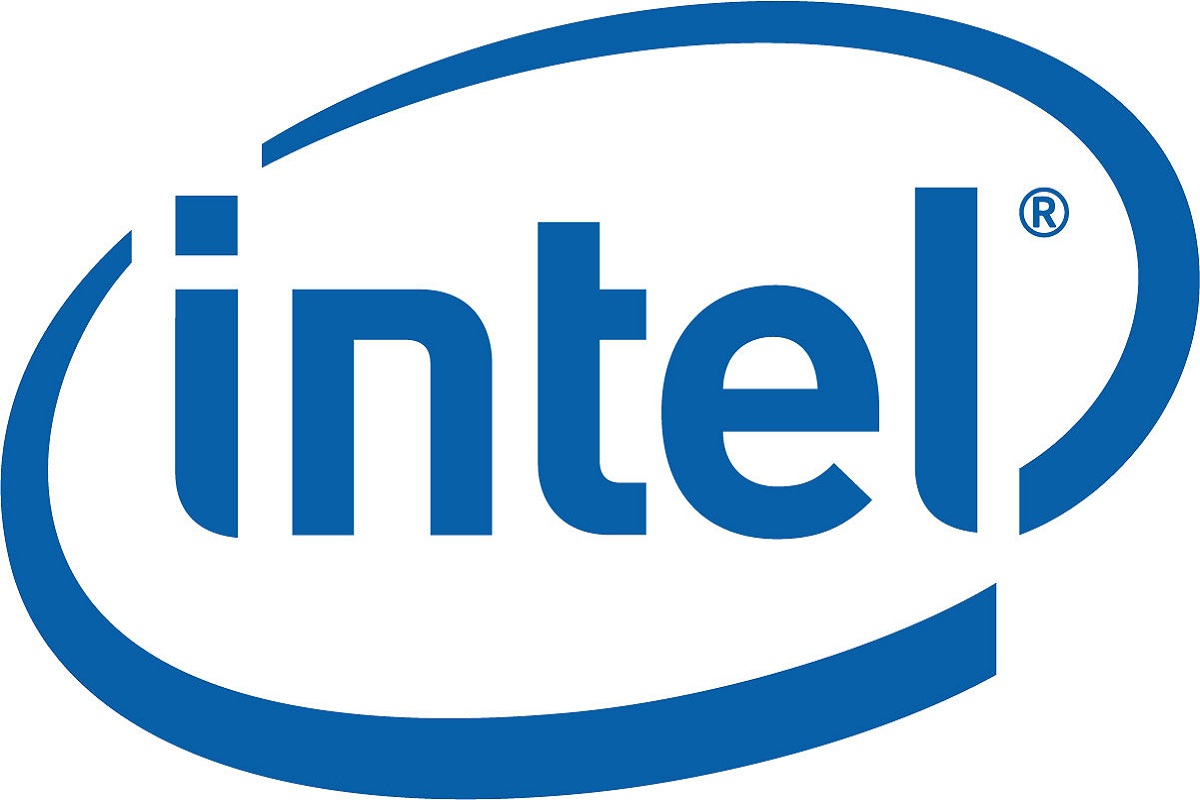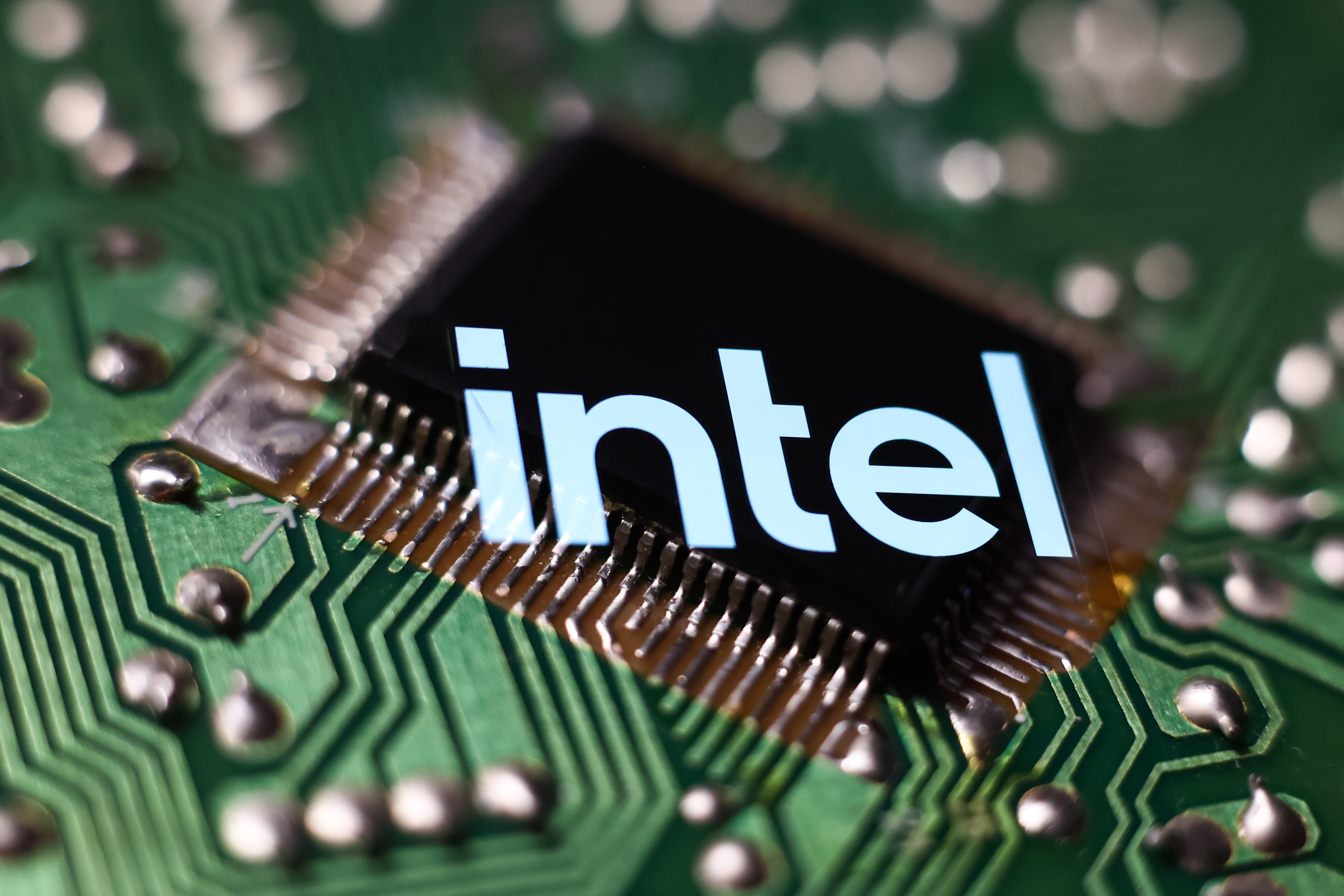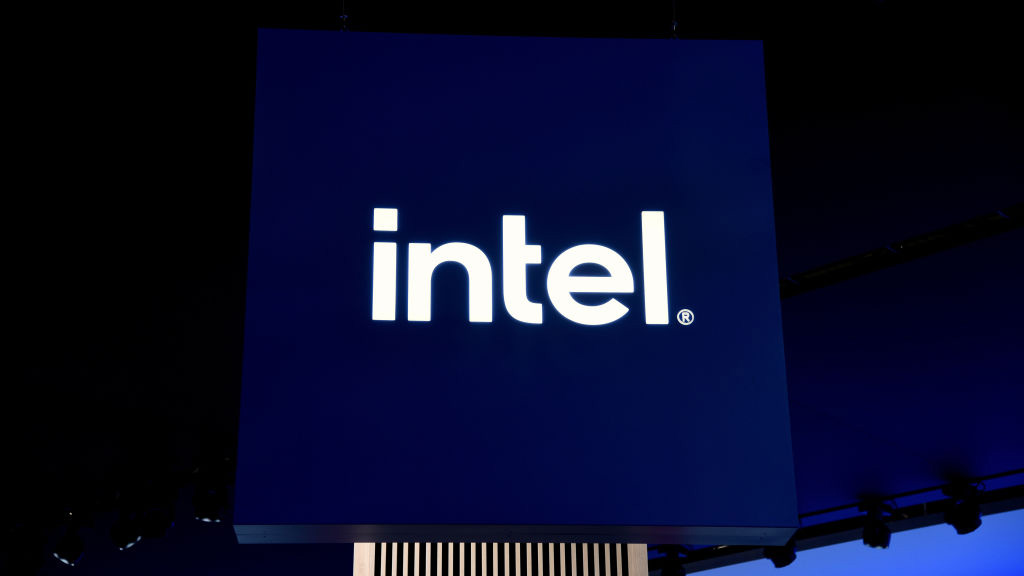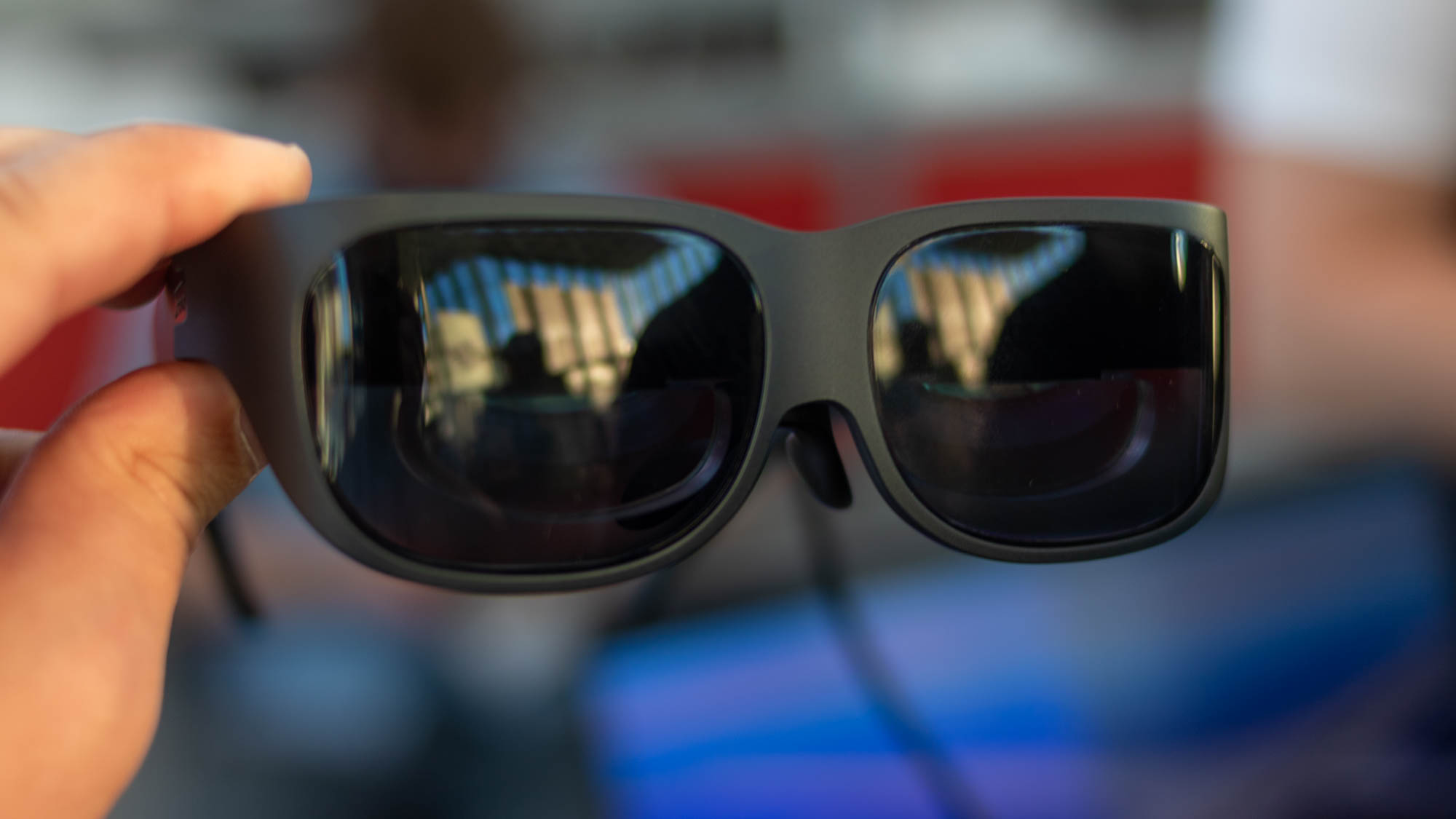Intel builds tiny 3G modem for the wearable tech market
Intel claims to have created the world's smallest 3G modem, which is the size of a one pence piece


The 'world's smallest' modem has been unveiled by Intel, reports BBC News, with the tech claimed to be the size of a UK one pence piece.
The XMM 6255 is a standalone chip that has reportedly been designed with the growing wearable technology market in mind.
The versatile modem could be used in a variety of devices, such as smart watches or technology around the home.
Sergis Mushell, a Gartner research director, told the BBC: "It's not just about the size of it. What Intel is really doing is going after a significant stake in the Internet of Things market, where connectivity is most important.
"Getting connectivity right is essential for their entire product portfolio," he continued. "Anything with a screen will need to have connectivity."
The 3G modem has an in-built power supply and has been built to be very durable.
The forecast for wearable technology was recently revealed to be very positive, with experts predicting that sales could rise to up to 135 million by 2018, with smart watches making up 80 per cent of that figure.
Get the ITPro daily newsletter
Sign up today and you will receive a free copy of our Future Focus 2025 report - the leading guidance on AI, cybersecurity and other IT challenges as per 700+ senior executives
Marina Koytcheva, CCS Insight director of forecasting, said: "The wearables market is in its Stone Age right now. There needs to be huge improvements to broaden their appeal. This is particularly acute when it comes to devices for women: wearables need to quickly move on from black, clunky devices - fortunately we're starting to see the first steps in this direction."
Flexible, ultra-thin batteries are also being developed by Imprint Energy, which it is hoped will ultimately lead to wearable devices being made thinner and less obtrusive over time.
Caroline has been writing about technology for more than a decade, switching between consumer smart home news and reviews and in-depth B2B industry coverage. In addition to her work for IT Pro and Cloud Pro, she has contributed to a number of titles including Expert Reviews, TechRadar, The Week and many more. She is currently the smart home editor across Future Publishing's homes titles.
You can get in touch with Caroline via email at caroline.preece@futurenet.com.
-
 Cleo attack victim list grows as Hertz confirms customer data stolen
Cleo attack victim list grows as Hertz confirms customer data stolenNews Hertz has confirmed it suffered a data breach as a result of the Cleo zero-day vulnerability in late 2024, with the car rental giant warning that customer data was stolen.
By Ross Kelly
-
 Lateral moves in tech: Why leaders should support employee mobility
Lateral moves in tech: Why leaders should support employee mobilityIn-depth Encouraging staff to switch roles can have long-term benefits for skills in the tech sector
By Keri Allan
-
 Gaining timely insights with AI inferencing at the edge
Gaining timely insights with AI inferencing at the edgeWhitepaper Business differentiation in an AI-everywhere era
By ITPro
-
 Scaling AI from pilot to production: Maximize AI impact with HPE & Intel
Scaling AI from pilot to production: Maximize AI impact with HPE & IntelWhitepaper Transform AI proof-of-concepts into full-scale implementations
By ITPro
-
 UK supercomputer boom as HPE and Dell receive funding for new AI cluster
UK supercomputer boom as HPE and Dell receive funding for new AI clusterNews The UK’s AI computing capabilities will increase by an order of magnitude in 2024
By Rory Bathgate
-
 AI gold rush continues as Hugging Face snags $235 million from IBM
AI gold rush continues as Hugging Face snags $235 million from IBMNews The investment round, which brings the company's valuation to $4.5 billion, also includes Amazon, Google, Intel, and Salesforce
By Richard Speed
-
 Why is ASUS reviving Intel’s NUC mini-PC line?
Why is ASUS reviving Intel’s NUC mini-PC line?News The diminutive PC is to rise again while analysts look for the business case
By Richard Speed
-
 Intel targets AI hardware dominance by 2025
Intel targets AI hardware dominance by 2025News The chip giant's diverse range of CPUs, GPUs, and AI accelerators complement its commitment to an open AI ecosystem
By Rory Bathgate
-
 Why aren’t factories as smart as they could be?
Why aren’t factories as smart as they could be?Whitepaper How edge computing accelerates the journey to a remarkable factory
By ITPro
-
 Has Lenovo found the ultimate business use case for smart glasses?
Has Lenovo found the ultimate business use case for smart glasses?Opinion Lenovo’s T1 smart glasses offer a virtual desktop that only you can see
By Bobby Hellard